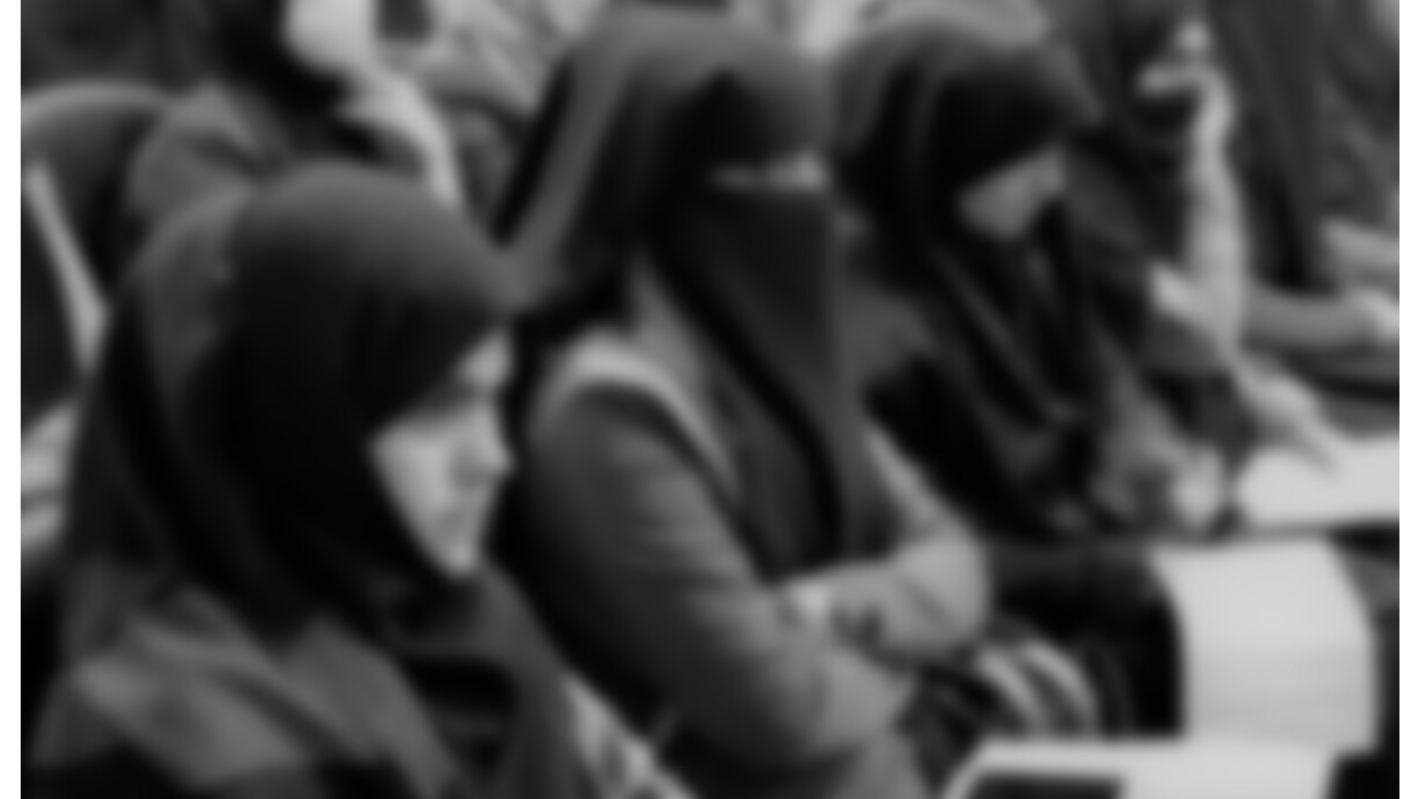KANDAHAR - Community leaders at a UN-backed symposium at Kandahar University underscored the importance of investing in education for women’s meaningful participation at all levels of Afghanistan’s social, political and economic life.
The event, organized by UNAMA’s Kandahar field office and Kandahar University’s Pacha Khan Academic Research Centre, drew more than 50 participants from the southern province’s academic community.
Together, participants discussed how investing in the education of women not only will help reduce poverty and gender inequality but also will help ensure the promotion and protection of women’s rights, leading to a more just and equitable society.
In speeches and during panel-style discussions at the daylong symposium, members of Kandahar’s academic community focused on the importance of women’s access to education in helping to create a more stable and just society, and one in which the importance of peace is understood.
“When you educate a woman, ultimately you will have an educated and peaceful society,” said Abdul Wahid Wasiq, Kandahar University’s Dean. “The role of educated women is essential in raising awareness about the importance of peace.”
Other speakers at the event pointed out that gender equality is a fundamental component of a progressive society and stressed that harmful traditional practices – coupled with poverty, insecurity and a lack of awareness about women’s rights – are challenges that must be addressed in the southern province.
Afghanistan has made strides in addressing women’s rights with legislation and in other areas, but much remains to be achieved as Afghan women continue face violence and discrimination. Many structural barriers, including illiteracy and violent extremism, make women especially susceptible to violence and abuse.
The United Nations maintains that alongside effective legal and institutional mechanisms for women’s access to justice, stopping violence against women requires an effort from everyone, not only acting but also speaking out against violence in homes, workplaces and social settings.
Participants at the Kandahar event cited ignorance and harmful traditional practices – which include child marriage, forced marriage, the giving away of girls to settle disputes, forced isolation in the home and ‘honour’ killings – as the primary barriers to the full empowerment of women.
The United Nations is committed to efforts to empower women and works with a variety of institutions and actors to promote gender equality, as well as to support local programmes across Afghanistan aimed at expanding opportunities for women, including access to education and participation in democratic and decision-making processes.
The event in Kandahar was facilitated by UNAMA as part of a series of outreach initiatives aimed at creating opportunities, using radio, television and social media, for local communities to engage in dialogue on pressing issues affecting them.
At almost every UNAMA-backed event, local media partners not only record the discussion and debate for later rebroadcast, but also create new programmes around the issues that are raised, extending the discussion and creating new opportunities for local voices to be heard on issues such as peace, reconciliation, government transparency, human rights and rule of law.
In accordance with its mandate as a political mission, UNAMA supports the Afghan people and government to achieve peace and stability. UNAMA backs conflict prevention and resolution, promoting inclusion and social cohesion, as well as strengthening regional cooperation. The Mission supports effective governance, promoting national ownership and accountable institutions that are built on respect for human rights.






